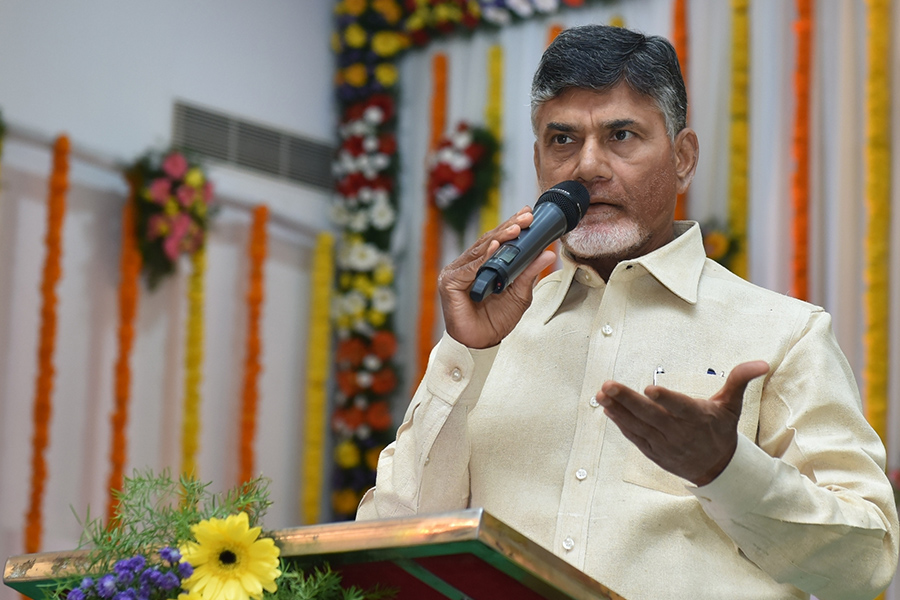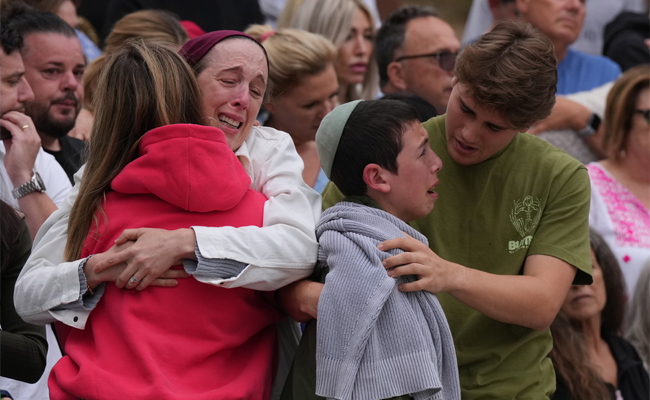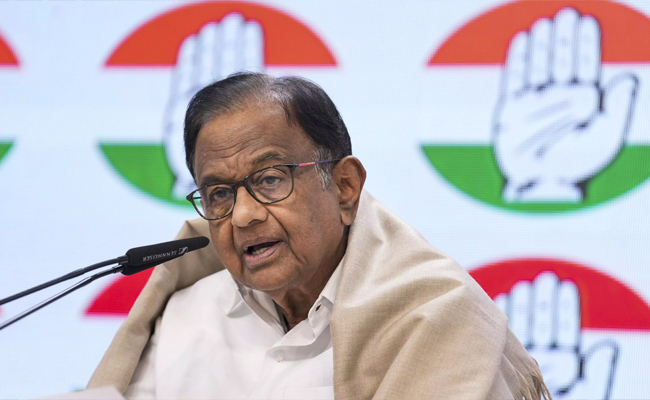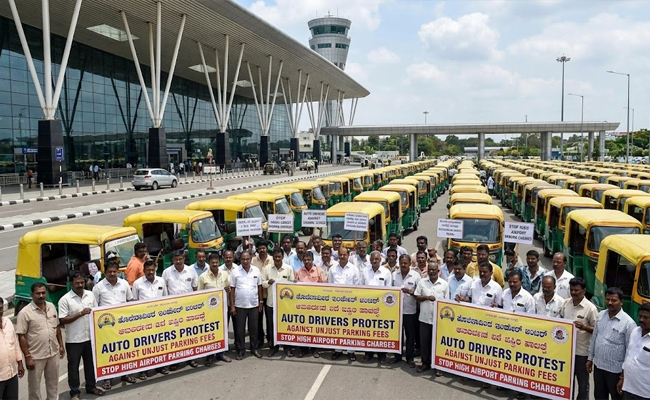Amaravati, Sep 10 : In a move to provide some relief to people reeling under increasing fuel prices, the Andhra Pradesh government on Monday announced reduction in Value Added Tax (VAT) on petrol and diesel by Rs 2 per litre in the state.
Chief Minister N. Chandrababu Naidu announced in the state Assembly that this decision will come into effect from Tuesday.
Andhra Pradesh has the third highest percentage of VAT on petrol (35.77 per cent) after Maharashtra and Madhya Pradesh, and highest 28.08 per cent on diesel.
Naidu said owing to the reduction in VAT, the state would lose Rs 1,120 crore in revenues annually. He made the announcement on a day when the Congress and the Left parties called nation-wide shutdown to protest fuel price hike.
The activists of Naidu's Telugu Desam Party (TDP) also took part in the protests against the Bharatiya Janata Party (BJP)-led National Democratic Alliance (NDA) government across Andhra Pradesh and neighbouring Telangana.
Naidu, whose party pulled out of NDA in March, accused the Centre of misleading the people by attributing the steep hike in the prices of petrol and diesel to growing crude oil prices globally.
The TDP chief pointed out that the crude oil price during 2013-14 was 105.52 dollars per barrel but even when the price fell to 46 dollars, the NDA government did not pass on the benefit to common man.
Naidu said the current price of crude oil is 72.23 dollars but the Narendra Modi government is increasing the prices every day, burdening the common man.
He demanded that the Centre, too, provide relief to people by cutting down taxes on fuel prices.
Let the Truth be known. If you read VB and like VB, please be a VB Supporter and Help us deliver the Truth to one and all.
Dubai (PTI): Wicketkeeper-batter Abhigyan Kundu on Tuesday created history with first-ever double ton in Youth ODIs for India, scoring an unbeaten against Malaysia in the U-19 Asia Cup match here.
The 17-year-old Kundu thus recorded only the second instance of a double century in Youth ODIs after South Africa's Jorich Van Schalkwyk, who had scored 215 off 153 balls against Zimbabwe earlier this year in Harare.
Batting at No 5, the left-handed Kundu hit an overall 19 fours and seven sixes to smash 209 not out off only 125 balls.
His knock powered India U-19 to a huge 408 for seven batting first.
Earlier in the same tournament, Vaibhav Sooryavanshi had scored a 95-ball 171 against the UAE, which is overall the ninth highest individual score in the format.





